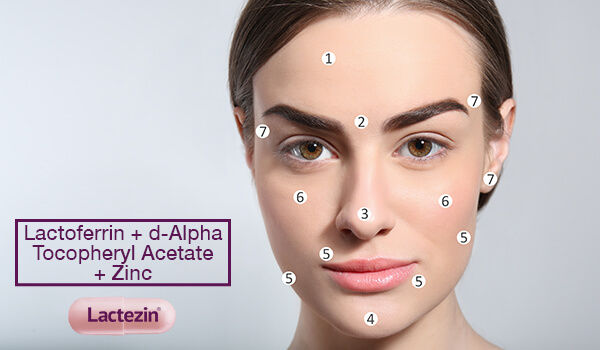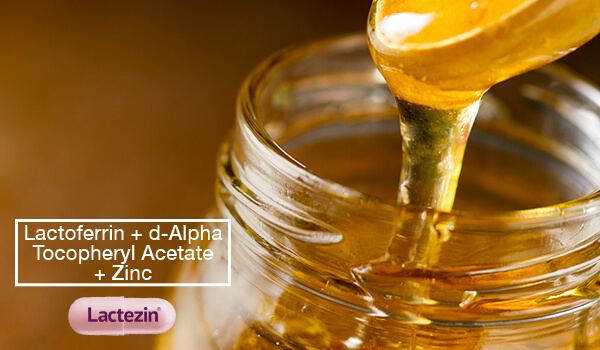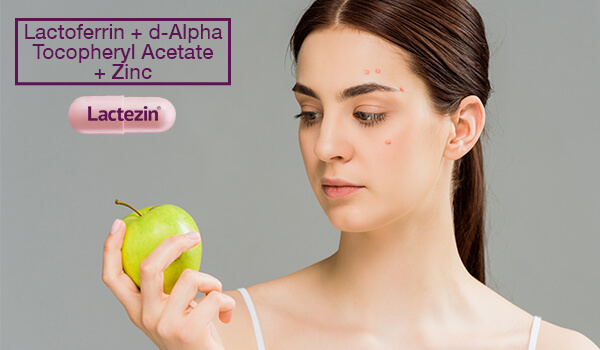Break Free From Skin Breakouts: Cystic Acne 101
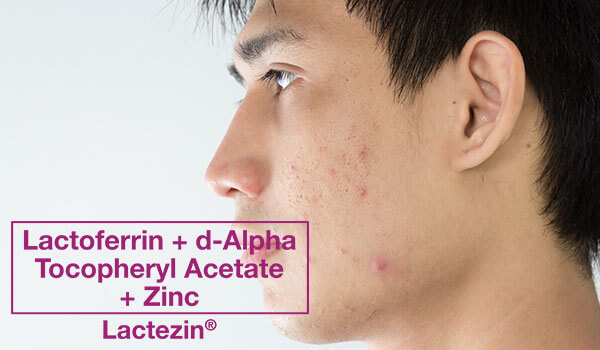
For most people, getting a pimple or two is already severe. But there are cases where individuals develop cystic acne– large, red, and painful breakouts deep in the skin.
What is cystic acne?
Cystic acne is a blemish that is deeply embedded under the surface of the skin. It can be quite painful, and it does not come to a head like pimples or other forms of acne. When it clears up, scars often appear.
Who can get it?
Individuals often develop this type of acne in their teens or early 20s, though it can strike as early as 8 years old or until as old as 50. Cystic acne doesn’t just affect the face; it can also affect the chest, shoulders, back, and upper arms.
It is more common in men, though women get it also, often on the lower half of the face.
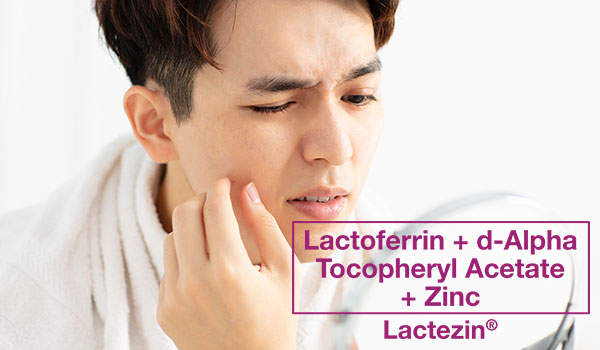
What causes cystic acne?
Like with anything acne-related, it’s not easy to pinpoint one specific cause.
Cystic acne affects both men and women, though it is more prevalent in men from their late teens to early 20s, who are enduring a hormonal flux. Acne is often offset by high levels of testosterone, the hormone regulates and stimulates oil glands. All the excess oil, dead skin cells, and bacteria that pile up under the skin create the inflamed appearance of cysts.
In the case of most women, cystic acne is linked to a hormonal imbalance. When the body’s hormone levels shift, oil-producing glands go into overdrive. An oil gland itself can even become swollen because it is already filled with hardened excess oil. These cysts usually occur around the jawline, chin and lower portion of the face where there are a large number of oil glands.
Diet is also strongly connected to the occurrence of cystic acne. Experts suggest that following low-glycemic diet may help reduce cystic acne because it eliminates blood sugar spikes, which causes inflammation in the body. These spikes can also cause the body to produce more sebum, which can also lead to breakouts.
There are some studies that explore the link between dairy products and acne, though there is currently no concrete explanation as to why dairy can increase or worsen acne. One theory is that there are some hormones in milk that cause inflammation inside the body, which can clog pores and lead to breakouts.
Heredity may also be a possible cause. If one of your parents had this type of acne, you may have a greater chance of getting it.
How is cystic acne treated?
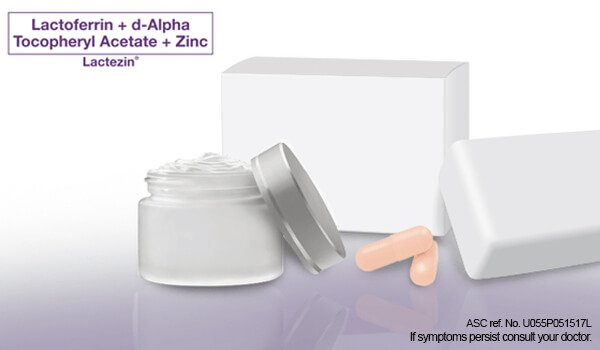
Unlike whiteheads, blackheads, and milder acne types, topical solutions often have little effect cystic acne.
For this type of severe acne, it is best to see a dermatologist who will develop a treatment plan to help you get rid of it. Here are some treatments a professional may recommend:
- Oral antibiotics may help control bacteria and inflammation. Though sometimes your acne may not respond to these antibiotics, or if they could, they won’t have the same effect after a few years. Acne antibiotics include Doxycycline, Erythromycin, and Tetracycline.
- Birth-control pills are sometimes prescribed to women to help regulate hormones and in turn, their acne.
- Isotretinoin is an acne medication that comes in the form of a pill that may help treat different kinds of acne.
During your visit to the dermatologist, ask about what you can expect from the medication they are recommending. Ultimately, the choice to take any type of medication is yours and educating yourself will help you make an informed decision.
In cases of mild to moderate acne your doctor may also recommend taking Lactoferrin + d-Alpha Tocopheryl Acetate + Zinc (Lactezin), an oral acne medication that helps treat pimples and may also prevent them from recurring.
Click here to learn more about Lactezin: How Lactezin Works
If symptoms persist, please consult your doctor
ASC Ref No. U139I081419L
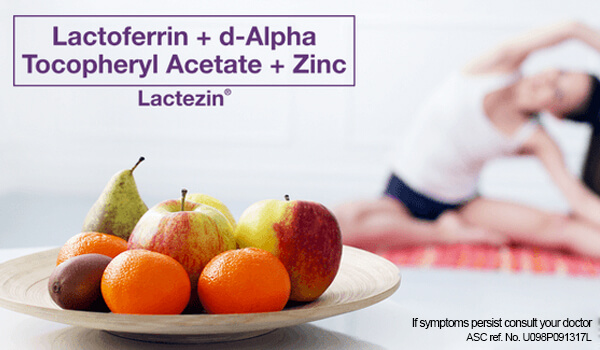
SOURCES:
https://www.aad.org/public/diseases/acne-and-rosacea/severe-acne
https://www.aad.org/public/diseases/acne-and-rosacea/can-the-right-diet-get-rid-of-acne
https://www.huffpost.com/entry/cystic-acne-treatment_n_7017010
https://www.menshealth.com/health/a19546659/cystic-acne/
